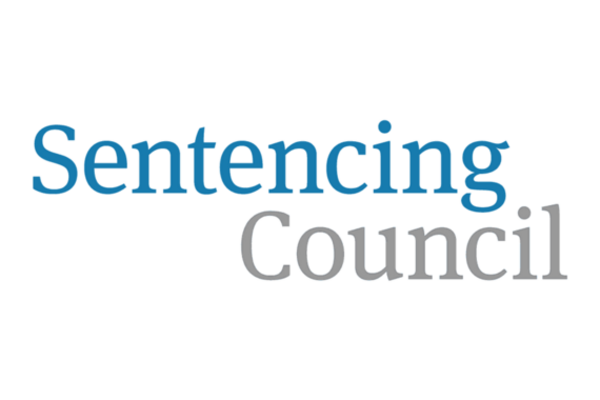Today the Sentencing Council has announced that pregnancy, birth and the postnatal period will be included as a specific mitigating factor to be considered by magistrates and Crown Court judges in sentencing decisions.
Commenting on the announcement Naomi Delap, Director of Birth Companions said:
“This is a huge step forward by the Sentencing Council, and a clear acknowledgement of the risks the prison system poses to pregnant women, new mothers and their babies. We are delighted that they have listened to us, and our many supporters, in choosing to take this step, which should result in fewer pregnant women and mothers being sent to prison. We hope this will pave the way for further reform.”
The Council’s decision comes off the back of research commissioned in 2022, looking at issues of equality and diversity in sentencing. Birth Companions contributed to the research, commissioned by the Sentencing Council and led by the University of Hertfordshire, and we argued the need for a specific mitigating factor to make sure sentencers consider women’s pregnancies, births, and postnatal care.
Extensive evidence has highlighted the significant risks posed to the lives of women and their babies in custody, which are recognised by the NHS, Royal College of Midwives and Royal College of Obstetricians and Gynaecologists. Since the deaths of baby Aisha Cleary in HMP Bronzefield in 2019, and baby Brooke Leigh in HMP Styal in 2020, the NHS has categorised all pregnancies in prison as ‘high risk’ due to the nature of the custodial environment.
The new mitigating factor, which will apply from 1 April 2024, states that sentencers should address a number of issues ‘when considering a custodial or community sentence for a pregnant or postnatal offender (someone who has given birth in the previous 12 months)’, including the effect of the sentence on the woman’s physical or mental health, and any effect of the sentence on the baby. Courts are directed to address these issues when giving reasons for the sentence decided upon.
Following Birth Companions’ recommendations during consultation, the factor also makes specific reference to the harmful impacts of separating a mother and child in the first two years of life.
Naomi Delap added:
“The Sentencing Council has sent a powerful signal with this decision, and we hope that magistrates and judges across the country will take heed. However, we believe that guidance alone will not be enough to keep women and babies safe. Prison is not an appropriate environment in which to navigate the complexities and vulnerabilities of pregnancy, birth and early motherhood. The government should prohibit the imprisonment of pregnant women and mothers of babies in all but the most exceptional of circumstances.
“The vast majority of women in prison are serving short sentences, during which time they frequently lose their homes, their jobs, and in many cases the custody of their children. Community-based alternatives prevent this from happening, and evidence has shown these alternatives to be more effective than custody in addressing the drivers of women’s offending – primarily unmet mental health needs, experience of trauma and abuse, or poverty.
“The government repeatedly asserts its own commitment to reducing the female prison population, yet the number of women in prison is still rising, and projected to rise significantly in coming years. Many women are held on remand, for long periods of time, and then released because they aren’t given custody when they come to sentencing.
“The prison system is on its knees, and it can’t possibly respond to the health needs of pregnant and postnatal women and their babies. Ending the use of prison for these women, be it through a sentence, or on remand or recall, is not a radical position; at least eleven other countries prevent or severely curtail the incarceration of women in these circumstances. There is a clear opportunity for the government to act on this amidst the reforms proposed in the Sentencing Bill currently making its way through parliament.”
Further detail on the mitigating factor
Birth Companions responded to the Sentencing Council’s consultation on the draft mitigating factor in 2023, highlighting the need for it to emphasise the evidence on risk, and for changes to strengthen the focus on the postnatal period. We urged the Council to extend the definition of postnatal to two years after birth, in line with the relevant HMPPS policy framework on pregnancy, MBUs, and maternal separation from an infant under the age of two, and with the period from conception to a child’s second birthday recognised by the government and many others as the ‘first 1001 critical days’.
Delap added:
“We are disappointed that the Council has limited the factor to 12 months postnatal, but welcome the reference made to the impact of separating a mother from her child in the first two years of life. We hope that with further training and support on addressing the needs of pregnant women and mothers of infants, sentencers will take account of the fuller picture.
“This factor sets us in the right direction, but it isn’t the answer. That lies in concrete reform, not guidance.”
For further information or to arrange interviews please contact [email protected]




